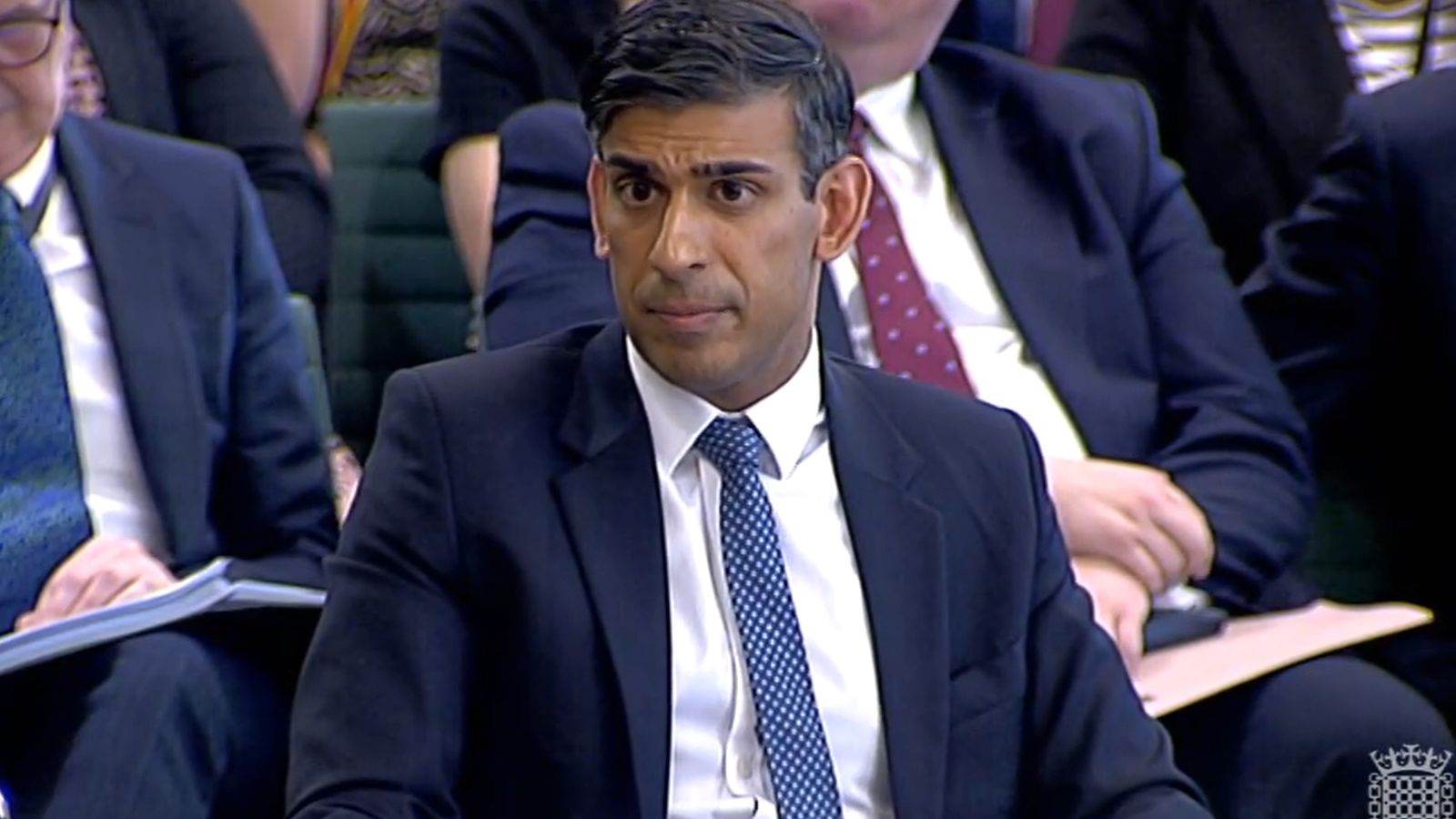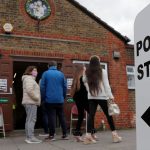It was a legal challenge that surely was always doomed to failure.
And COVID bereaved families and opposition MPs are right to say that it was a waste of time and money and looked like a cover-up.
The government’s claim that Baroness Hallett had no power to demand “unambiguously irrelevant” material for the COVID-19 public inquiry was at best flimsy, at worst disingenuous.
Individuals, junior officials, current and former ministers and departments shouldn’t be required to provide material irrelevant to the inquiry’s work, the Cabinet Office bleated.
“People working for government have a right to a private life,” it was claimed, in a particularly crass statement when the judicial review was launched at the end of May.
Boris Johnson, no stranger to accusations of cover-ups, had no problem handing over his WhatsApps and notebooks.
Politics latest:
Bereaved families criticise ‘desperate waste of time and money’ as government loses court bid
Cabinet Office loses legal battle over Boris Johnson’s COVID WhatsApp messages
Ex-Tory MP Chris Pincher facing Commons suspension for eight weeks over groping claims – opening prospect of another by-election
Would Elon Musk’s Twitter changes have affected Boris Johnson’s downfall? Experts have their say
And indeed, in a letter to Baroness Hallett on 2 June, he said he was sending everything he had to the inquiry anyway and bypassing the Cabinet Office.
The suspicion at the time was that it was the current prime minister, Rishi Sunak, not the former PM who had something to hide from the inquiry.
After all, he was chancellor of the exchequer during the pandemic.
Kicked into touch
And quite rightly – and not surprisingly – the judges in the King’s Bench Division of the High Court, vice-president Lord Justice Dingemanns and Mr Justice Garnham, have thrown out the Cabinet Office’s application.
James Dingemanns, as he was then, was a distinguished rugby player in his youth and was a legal adviser at the 2015 and 2019 rugby world cups.
Now the rugby fanatic judge has firmly kicked the government’s attempt at a COVID cover-up into touch.
At the same time as dismissing the Cabinet Office’s challenge, however, the judges have also applied some common sense and told the two sides to get together and work out what’s relevant to the COVID Inquiry and what’s not.
Surely that shouldn’t be too difficult. And it also makes sense to avoid a costly and time-consuming appeal by the government, possibly going all the way to the Supreme Court.
After dismissing the government’s claim for judicial review, the judges sensibly suggested that the Cabinet Office should appeal to Baroness Hallett about what’s relevant and let her decide.
Surely this was the approach the government should have taken in the first place rather than rushing off to court? That would have saved time and money and avoided accusations of a cover-up.
Sensibly the government has now backed down, declaring: “We can work together to have an arrangement that respects the privacy of individuals and ensures completely irrelevant information is returned and not retained.”
What a pity the Cabinet Office didn’t take that pragmatic and non-confrontational approach in the first place.
By going to court, the government antagonised the bereaved families, who not surprisingly have condemned the legal fight as “a desperate waste of time and money”.
Read more:
Austerity measures hit public health services, Professor Dame Jenny Harries says
Matt Hancock says UK approach to pandemic planning was ‘completely wrong’
The Liberal Democrats have accused Mr Sunak of “trying to dodge scrutiny and hide the truth” and Labour’s Angela Rayner says the PM is attempting to undermine the COVID Inquiry.
The charge against Mr Sunak – of attempting to dodge scrutiny – has been made already this week, at the Liaison Committee on Tuesday by Labour MP Sir Chris Bryant, who chairs the Standards Committee in the Commons.
Sir Chris cited the PM’s dodging Commons votes on privileges reports on Owen Paterson and Mr Johnson, failing to announce the government’s NHS workforce plan in parliament and missing PMQs this week and next week.
On top of these criticisms, the suspicion that Mr Sunak is not being entirely straight and honest with the COVID Inquiry and trying to withhold information from it could be very damaging for him.
And whatever his intentions, he could have avoided much of the criticism – and saved time and taxpayers’ money – by not embarking on a costly legal challenge that he was always likely to lose.






















